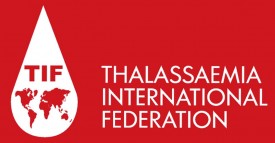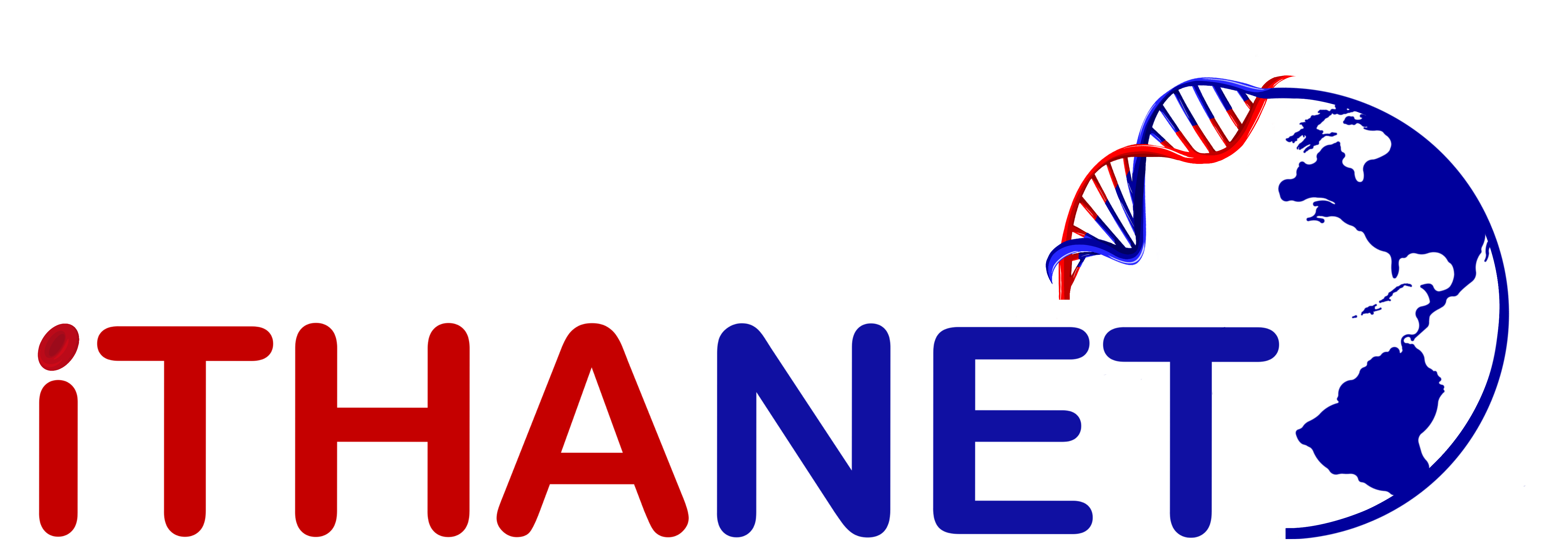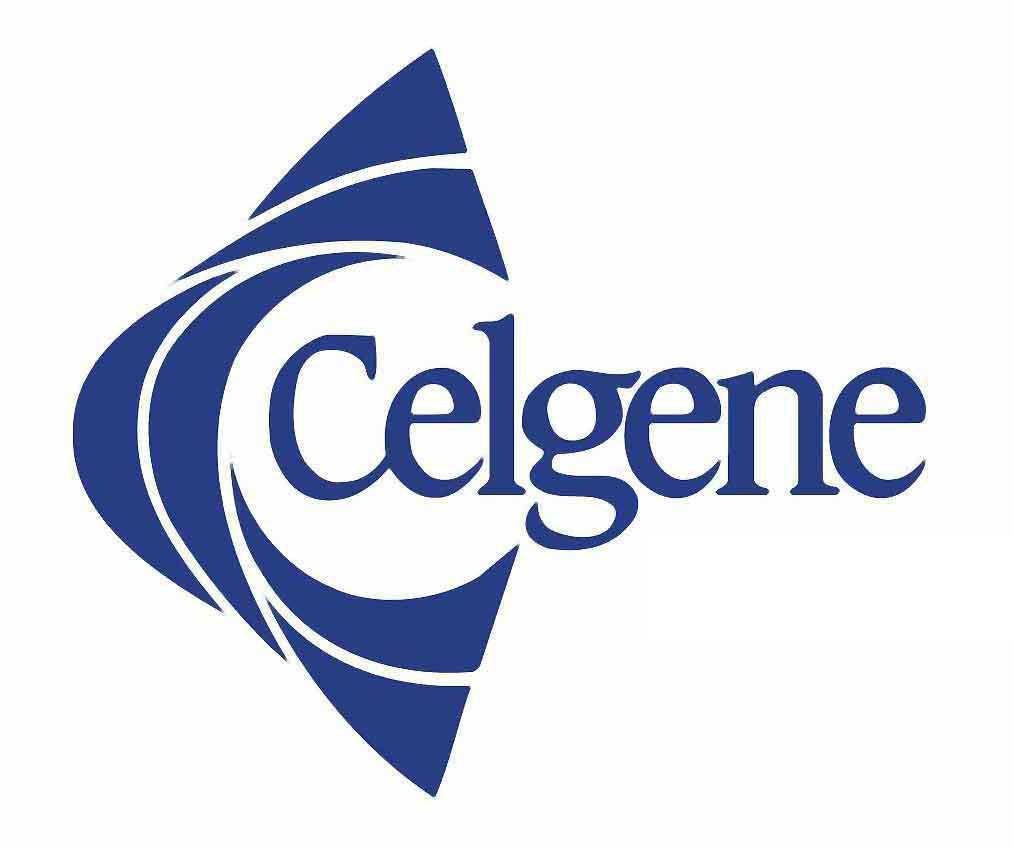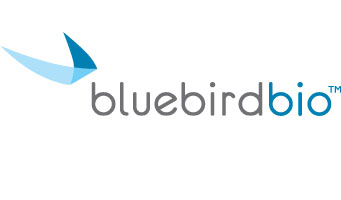
The project "THALassaemia In Action" (THALIA) is an iniative of the Thalassaemia International Federation, co-funded by the European Commission, with the goal of offering continuous and comprehensive education to patients, caregivers, healthcare professionals and policy makers in every aspect of thalassaemia. Due to increased migration and mobility flows in Europe, national planning for the prevention and treatment of this specific group of rare diseases is urgently needed. The THALIA project targets areas and countries across Europe where progress is needed, particularly countries of major transit migration (e.g., Serbia and Austria) and countries that receive most refugees and migrants from countries with high prevalence in thalassaemia (e.g., France, Germany, and Sweden). The THALIA project aims to:
• Provide education about thalassaemia through the development of e-learning tools, capacity building courses and training seminars.
• Raise awareness on thalassaemia and preventive care through an array of online tools, activities and publications.
• Prioritise haemoglobin disorders and their control at EU level through the establishment of patient associations and the development of an EU Electronic Health Record.
• Support research programmes and studies focused on the clinical management of thalassaemia through participation in scientific conferences, publications and fellowships.





